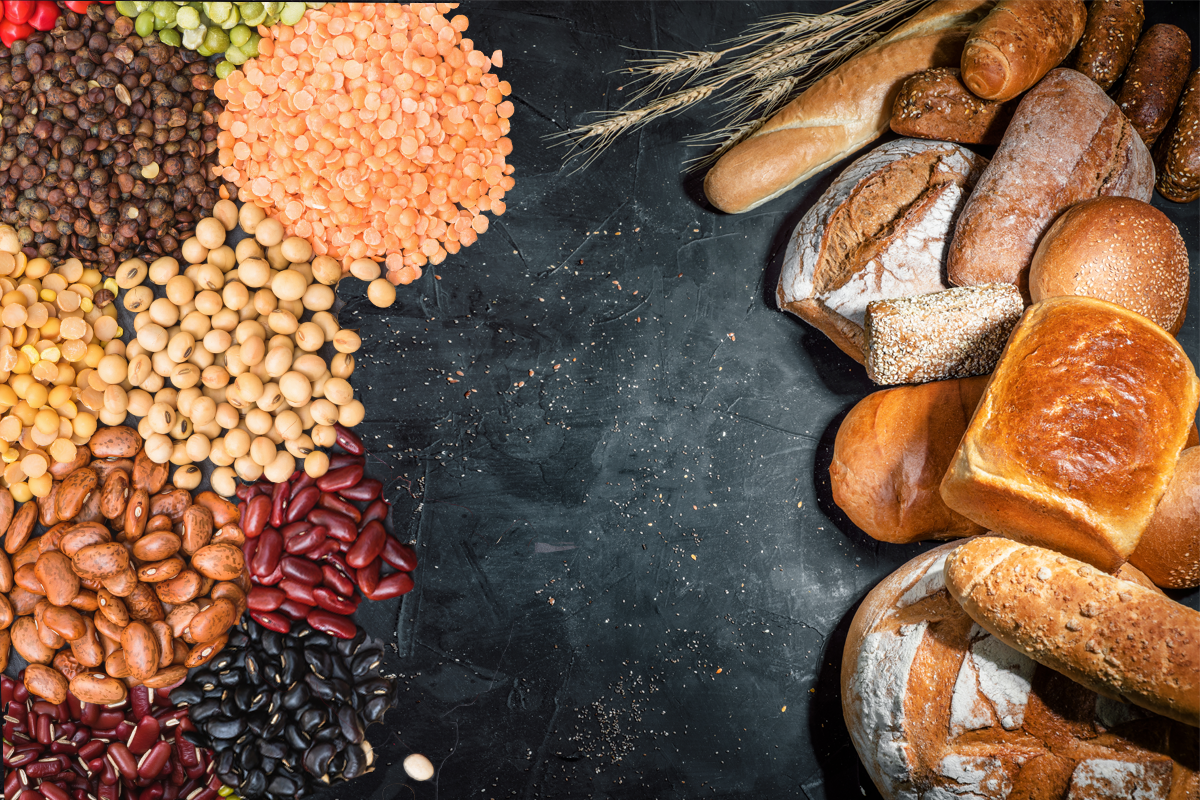MEXICO CITY —A study in Mexico City found patients who frequently ate legumes, grains, bread and cereal had less severe symptoms of COVID-19 after testing positive than did other patients who tested positive. The study appeared online Nov. 12, 2021, in BMJ Nutrition, Prevention & Health.
The study involved 236 patients who attended an outpatient clinic in Mexico City for suspected COVID-19 evaluation between October 2020 and January 2021. The test results were positive for 103 patients and negative for 133 patients. Among those who tested positive, researchers discovered a significant negative association between higher severity of symptoms and intake of legumes, grains, bread and cereal.
“This work can be potentially used as a guide for designing suitable diets during the COVID-19 pandemic and also for establishing a future vision that diet-based interventions may be explored for mitigating COVID-19 severity,” the study’s authors concluded.
An online habitual food frequency questionnaire collected information on dietary intake during the previous three months before the COVID-19 evaluation. The food groups were divided into milk and milk products; fruits; vegetables; animal products; legumes; grains, bread and cereal; corn-based products; beverages; fats and oils; and hot peppers and sauces.
Patients with positive COVID-19 tests and mild symptoms had a higher intake of legumes in particular and grains, bread and cereals to a lesser extent. Legumes are among the most consumed food groups among the population of the study, and they provide soluble fiber and amino acids, according to the study. They are a good source of branched-chain amino acids (BCAAs), which increase intestinal immunoglobulin level, improving the gut barrier, according to the study.
Non-digestible starch, also known as resistant starch, is present in heat-treated grains, according to the study. Resistant starch increases short-chain fatty acid (SCFA) production in the colon to benefit the gut microbiota. The researchers also pointed out previous studies have shown diets high in fiber, carbohydrates and nutrients decrease the risk of respiratory infections such as colds and pneumonia as well as shorten their duration.
“It is generally assumed that such diets can support the immune system by stimulating the production of antibodies and lymphocytes and by reduction of oxidative stress,” the researchers said.
Higher intake levels of legumes, grains, bread and cereal did not show any effect in patients in Mexico City with negative COVID-19 tests.
Diets higher in fruits and vegetables did not appear to have a statistically significant impact on the severity of symptoms of those who tested positive. The effect of diets higher in milk and milk products or higher in fats and oils was inconclusive since the symptom severity score was not significant after adjusting for confounding variables.
The researchers were from the Universidad de Guadalajara in Mexico, the Secretaria de Salud de la Ciudad de Mexico, the Universidad National Autơnoma de Mexico, the Universidad Autơnoma del Estado de Hidalgo in Mexico, the Instituto Nacional de Cardiologia Ignacio Chávez in Mexico and the University of New South Wales in Australia. The study’s authors did not declare a specific grant for the research from any funding agency in the public, commercial or not-for-profit sectors.
